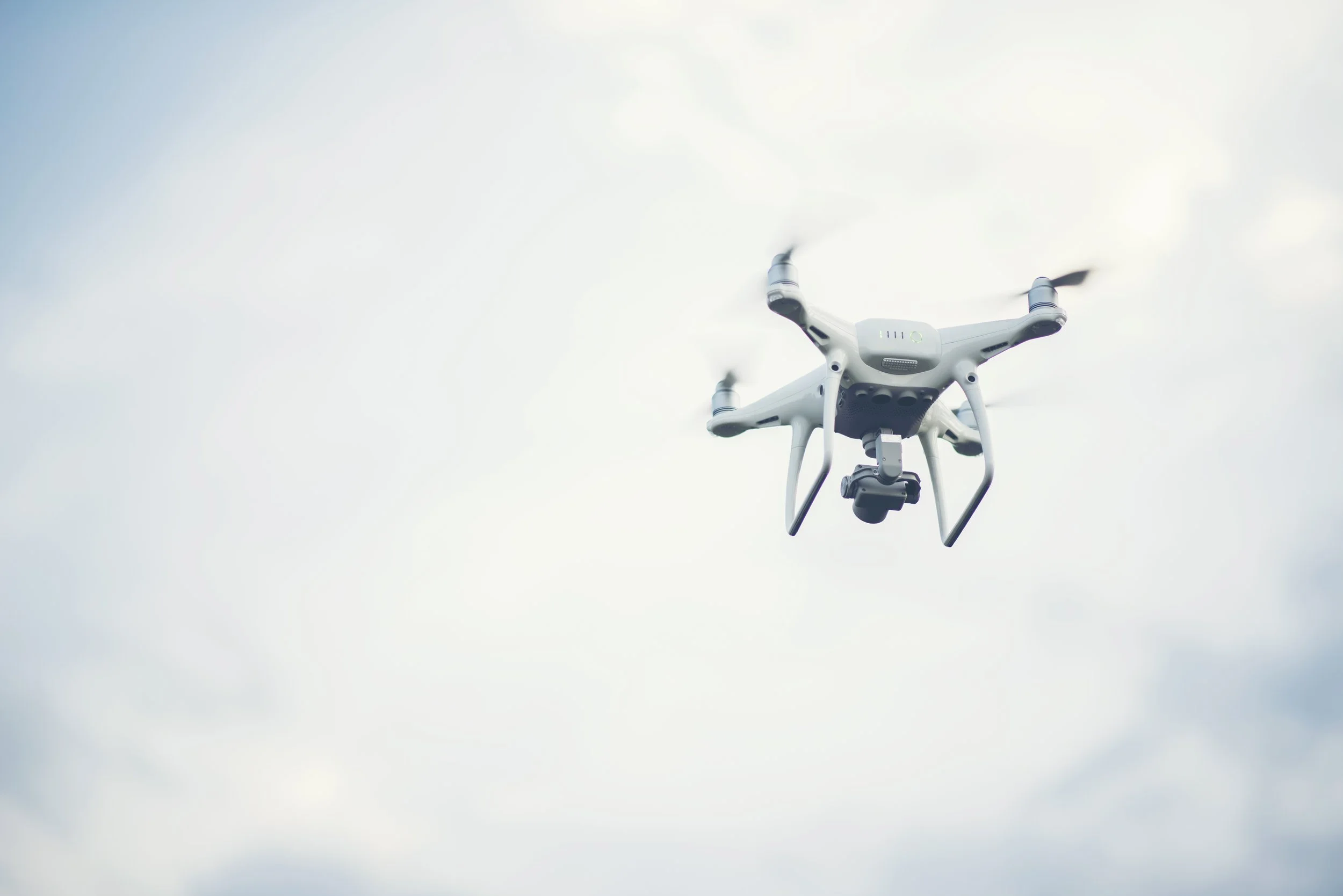
Lightweight. Strong. Field-Proven.
3DFiT Drone Frame Performance Showcase
CarbonForm 3DFiT
unlocks a new era of
lightweight drone frames.
Stronger, sleeker, and
designed for flight.
3D Fiber Tethering (3DFiT) enables precise fiber placement in architected lattice geometries, creating ultra-lightweight composite drone frames. Seamless structures with high stiffness, minimal weight, and superior aerodynamic efficiency - perfect for performance-critical UAVs.
Conventional drone frames are typically constructed from injection-molded plastics, CNC-machined aluminum, or flat carbon fiber composite plates bolted together. These approaches suffer from:
Structural weakness at joints and fasteners, which are the first to fail during crashes
2D design limitations, forcing stacked assemblies that add unnecessary weight and complexity
Limited durability—aluminum bends, plastics crack, and composite plates delaminate
High maintenance and frequent replacements due to poor crash survivability
Our 3D Fiber Tethering (3DFiT) solution offers-
Tethering continuous carbon fibers directly along optimized load and crash paths
Using aerospace-grade thermoset composites for maximum strength and resilience
Printing monolithic 3D truss structures without joints, bolts, or weak planes
Enabling fully custom geometries for each drone configuration—no molds or machining required
To validate structural resilience, the 3DFiT frame was subjected to a 120-meter drop test. Unlike conventional frames that typically fracture or shatter under such conditions, the 3DFiT frame survived the impact without catastrophic failure. Its ability to withstand extreme impact makes it ideal for UAVs operating in unpredictable, high-load, or crash-prone environments.
Withstands drop tests and crash impacts with minimal or no damage
Eliminates joint failure, increasing structural integrity and mission reliability
30–60% lighter than metal frames, with better energy absorption and stiffness-to-weight ratio
Enables fast iteration—from prototype to field-deployable airframes in days

